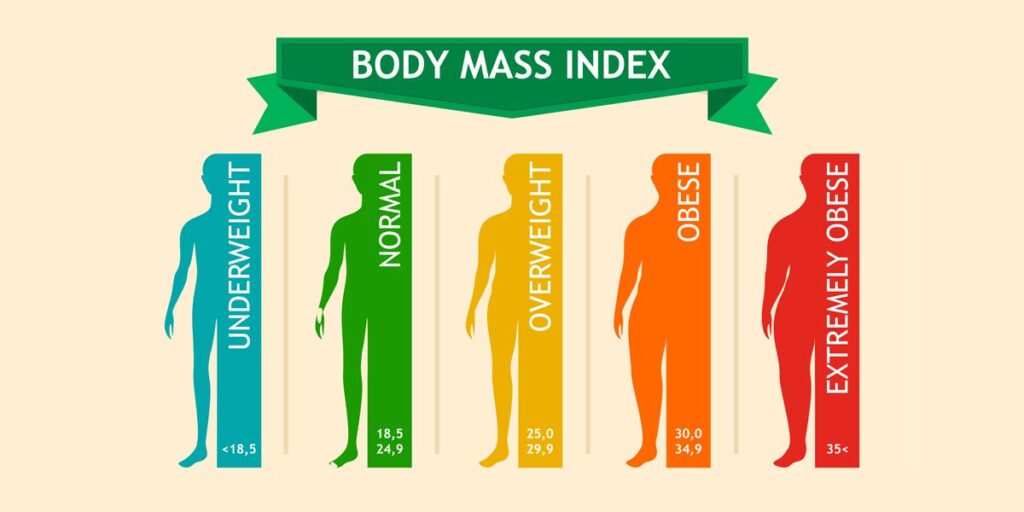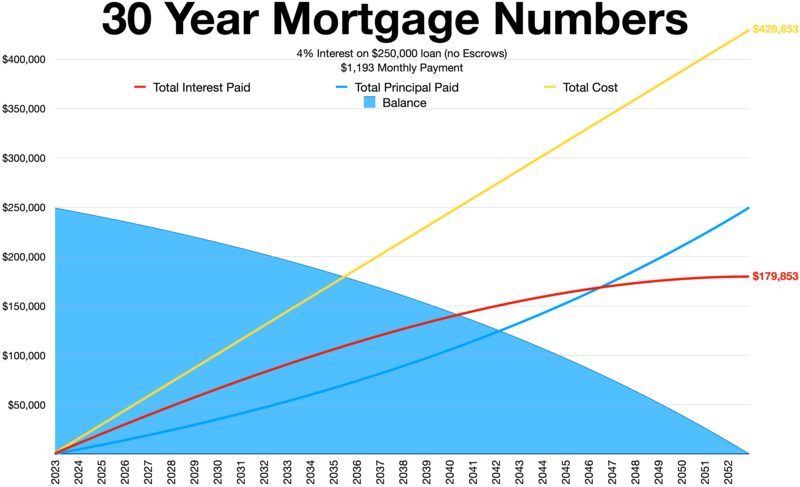Welcome to the fascinating world of calculators, where numbers come to life and computations are made simple! Whether you’re a student tackling math problems, a professional crunching numbers, or just someone looking to balance their budget, there’s a calculator out there for you. In this comprehensive guide, we’ll dive into the various types of calculators available, from basic models to advanced scientific ones, and explore how they can make your life easier.
Table of Contents
1. Basic Calculators
These are your go-to calculators for everyday arithmetic tasks. They typically feature the four basic functions: addition, subtraction, multiplication, and division. Basic calculators are perfect for simple calculations like balancing your checkbook or calculating tips at a restaurant.
2. Scientific Calculators
Stepping up in complexity, scientific calculators are equipped with functions beyond basic arithmetic. They include trigonometric, logarithmic, and exponential functions, making them essential tools for students and professionals in the fields of science, engineering, and mathematics.
3. Graphing Calculators
Graphing calculators take mathematical computation to the next level by allowing users to plot graphs and analyze functions. They’re commonly used in high school and college-level math and science classes, as well as in fields like physics and engineering.
4. Financial Calculators
As the name suggests, financial calculators are tailored for financial tasks such as mortgage calculations, loan amortization, and investment analysis. They help individuals and professionals make informed financial decisions by crunching numbers related to interest rates, payments, and returns.
5. Programming Calculators
For the tech-savvy individuals, programming calculators offer the ability to write and execute custom programs. They’re often used by computer programmers, engineers, and students learning coding languages. Programming calculators open up a world of possibilities for automation and customization.
6. Printing Calculators
Ideal for businesses and accounting professionals, printing calculators provide a physical record of calculations by printing them onto paper. They’re commonly used in retail stores, banks, and offices where documentation of transactions and financial records is essential.
7. Pocket Calculators
Compact and portable, pocket calculators are designed for on-the-go calculations. They’re small enough to fit in your pocket or purse, making them convenient for quick math tasks while traveling, shopping, or running errands.
8. Online Calculators
In today’s digital age, online calculators offer instant access to a wide range of mathematical functions and tools. From simple arithmetic calculators to complex scientific and financial ones, you can find them all with just a few clicks on the internet.
9. Mobile Calculators
With smartphones becoming ubiquitous, mobile calculators have become a staple feature on every device. Whether it’s the built-in calculator app or third-party alternatives, mobile calculators are convenient for calculations on the fly, no matter where you are.
10. Specialized Calculators
Beyond the mainstream types, there are specialized calculators designed for specific purposes. These include calculators for real estate, construction, chemistry, and more. They cater to niche industries and professions, providing tailored solutions for specialized calculations.
11. Choosing the Right Calculator
With so many options available, choosing the right calculator can be overwhelming. Consider factors such as your intended use, required functions, budget, and user-friendliness when selecting a calculator that best suits your needs.
12. Tips for Maximizing Calculator Use
To make the most out of your calculator, try these tips:
- Familiarize yourself with its functions and features.
- Keep it clean and well-maintained for optimal performance.
- Explore online tutorials and guides for advanced usage.
- Practice using shortcuts and hotkeys to speed up calculations.
13. Maintenance and Care
To ensure your calculator stays in good condition, follow these maintenance tips:
- Avoid exposing it to extreme temperatures or moisture.
- Use a soft cloth to clean the screen and keypad regularly.
- Replace batteries as needed to prevent malfunctions.
- Store it in a protective case when not in use to prevent damage.
14. Frequently Asked Questions
Q: Can I use a scientific calculator for basic calculations?
A: Absolutely! Scientific calculators include basic arithmetic functions along with advanced ones, making them versatile tools for all types of calculations.
Q: Are graphing calculators allowed in standardized tests?
A: It depends on the test and the specific guidelines provided. Some standardized tests allow graphing calculators with certain restrictions, while others may only permit basic calculators.
Q: Are online calculators reliable for financial calculations?
A: Online calculators can be reliable if they’re from reputable sources and use accurate formulas. However, it’s always a good idea to double-check important financial calculations manually or with professional advice.
Q: How long do calculator batteries typically last?
A: The lifespan of calculator batteries varies depending on usage and battery type. On average, they can last anywhere from several months to a few years before needing replacement.
Q: Can I download calculator apps on my smartphone?
A: Yes, most smartphones allow users to download and install calculator apps from app stores. These apps offer a wide range of features and functions similar to traditional calculators.
15. What is the best mode of calculators to use?
The best mode of calculator really depends on your individual needs and preferences. Let’s break down the pros and cons of each option:
Calculator Calculator online:
Pros:
- Accessibility: Accessible from any device with internet connection.
- Variety: Wide range of calculators available for different purposes.
- Updates: Online calculators can be updated regularly with new features and improvements.
Cons:
- Internet Dependency: Requires internet connection to use.
- Privacy Concerns: May raise privacy concerns if dealing with sensitive information.
- Reliability: Relies on the stability and security of the website or platform hosting the calculator.
Offline Calculators:
Pros:
- No Internet Needed: Can be used anytime, anywhere, even without internet access.
- Privacy: No concerns about sharing data over the internet.
- Reliability: Generally more reliable in terms of performance and speed.
Cons:
- Limited Functionality: May have limited features compared to online or app-based calculators.
- Updates: Updates may require manual installation or purchasing new hardware.
- Portability: Some offline calculators may not be as portable as smartphone apps.
Calculator Apps:
Pros:
- Convenience: Always available on your smartphone or tablet.
- Functionality: Many apps offer advanced features beyond basic arithmetic.
- Customization: Some apps allow customization and personalization according to user preferences.
Cons:
- Device Dependency: Relies on having a compatible device (smartphone or tablet).
- Storage: Apps consume storage space on your device.
- Updates: Updates may be required for bug fixes or new features.
Ultimately, the best mode of calculator depends on your specific needs, whether you prioritize accessibility, functionality, privacy, or convenience. Some people may prefer the versatility of online calculators, while others may opt for the reliability of offline calculators or the convenience of calculator apps on their smartphones. It’s all about finding the right balance that works for you!
16. Conclusion
In conclusion, calculators come in all shapes and sizes, each tailored to specific needs and preferences. Whether you’re crunching numbers for school, work, or personal finance, there’s a calculator out there to help simplify your calculations. By understanding the different types of calculators available and how to choose the right one, you can empower yourself to tackle any mathematical task with confidence. So, why wait? Let’s start calculating!


